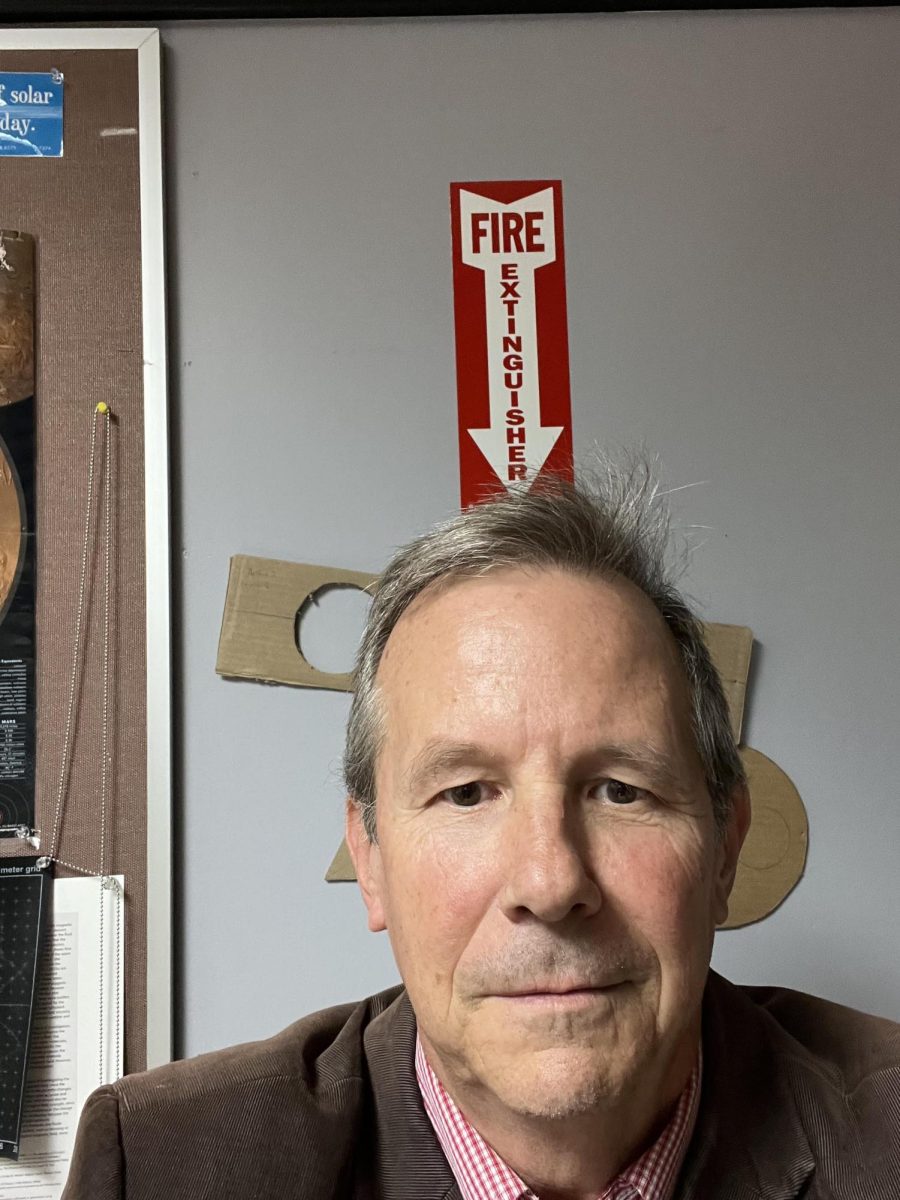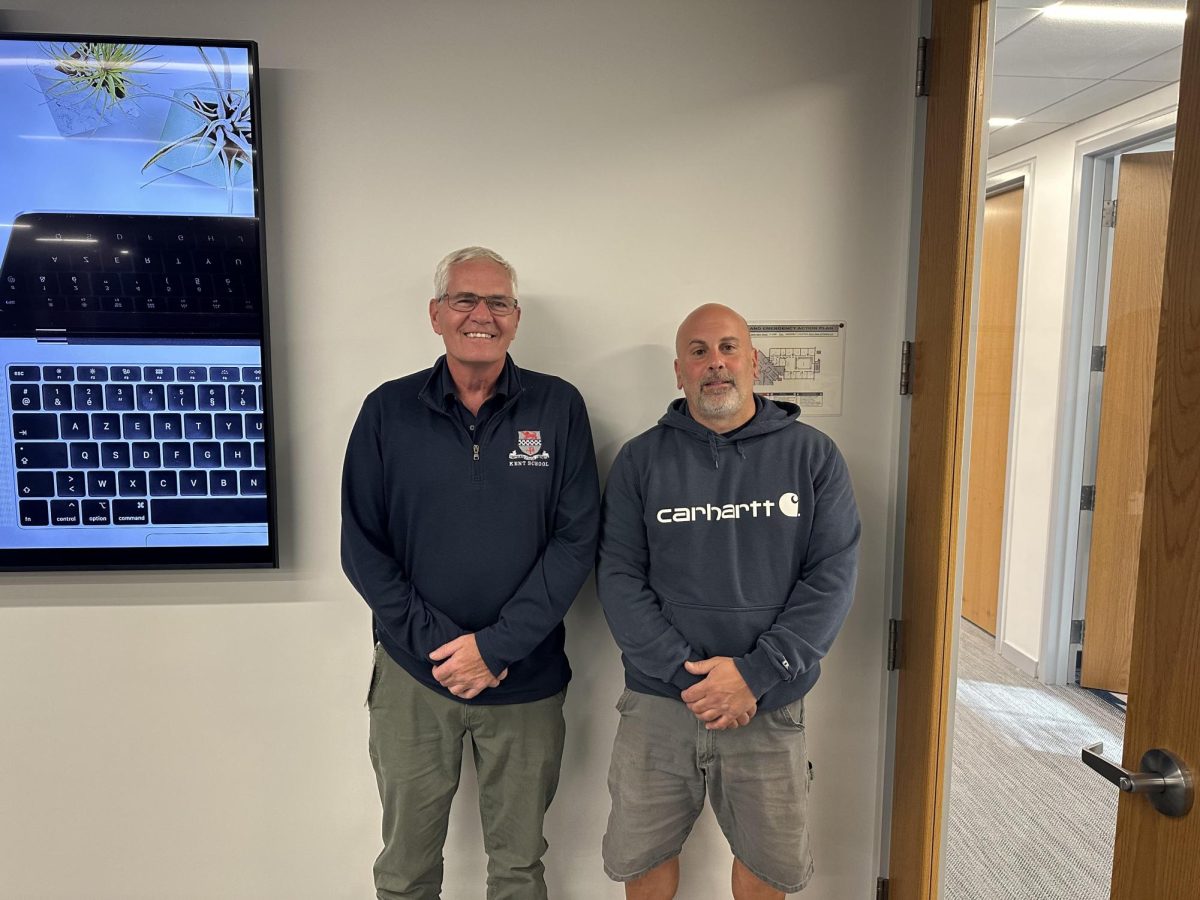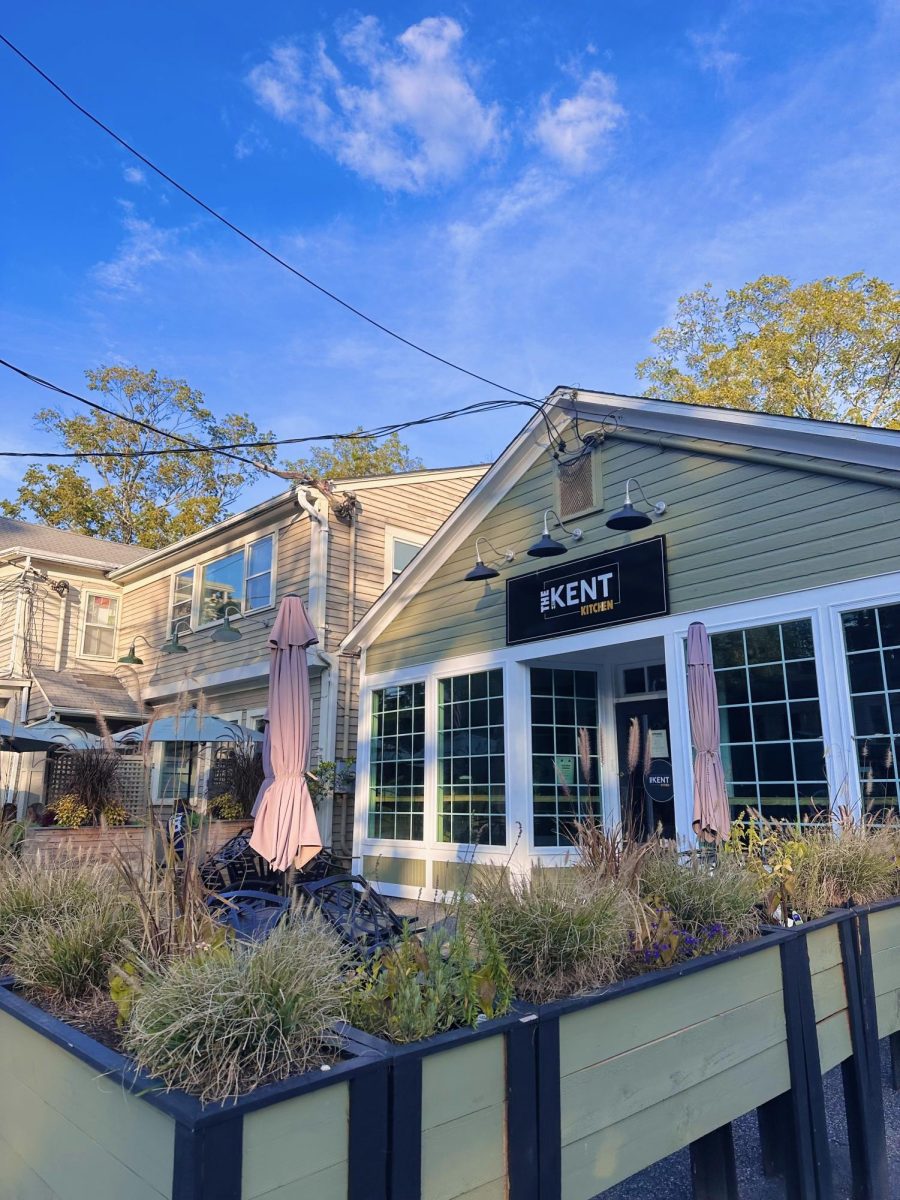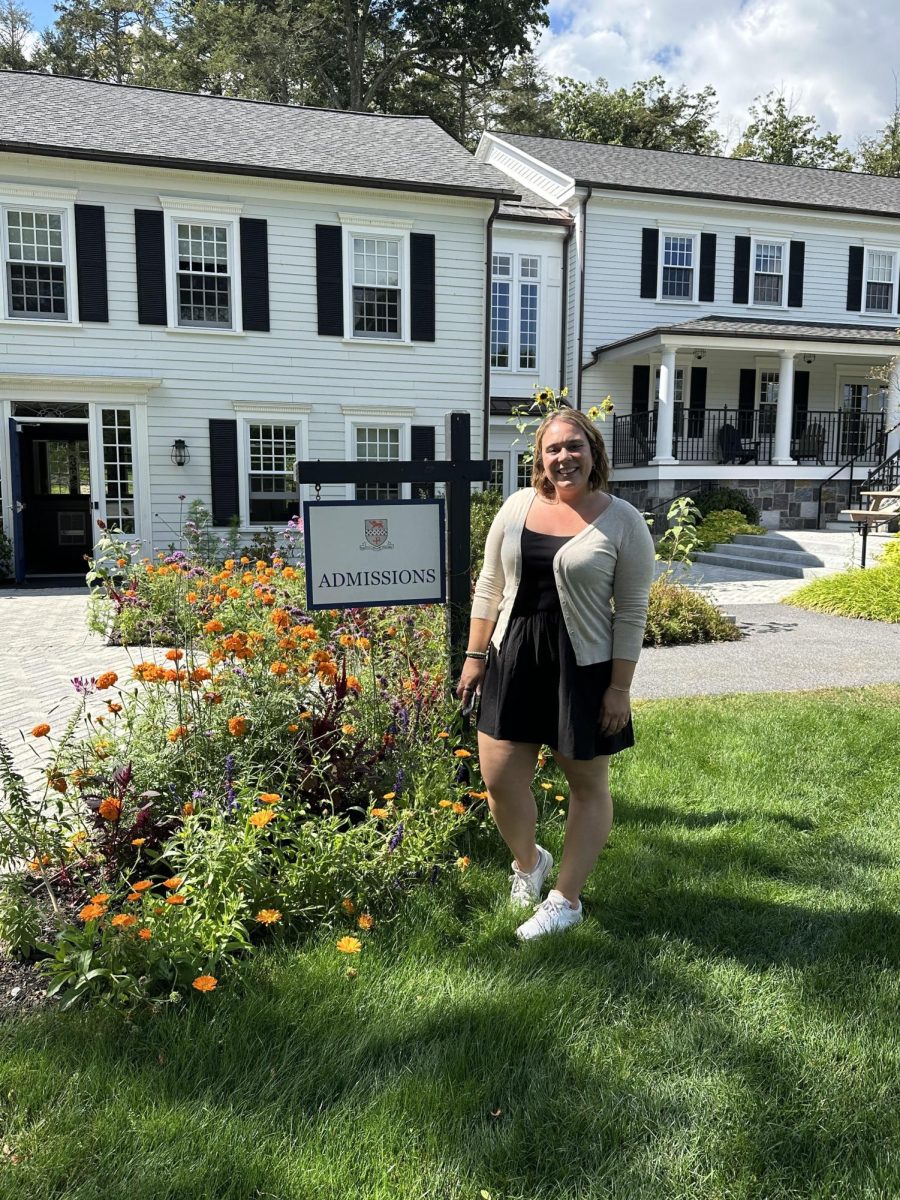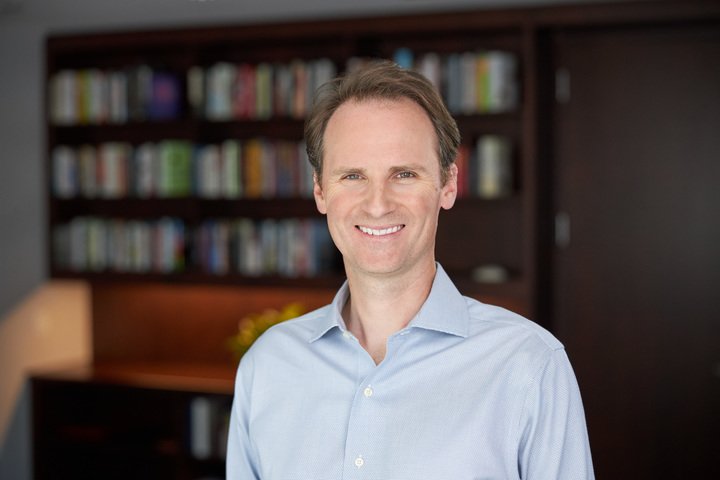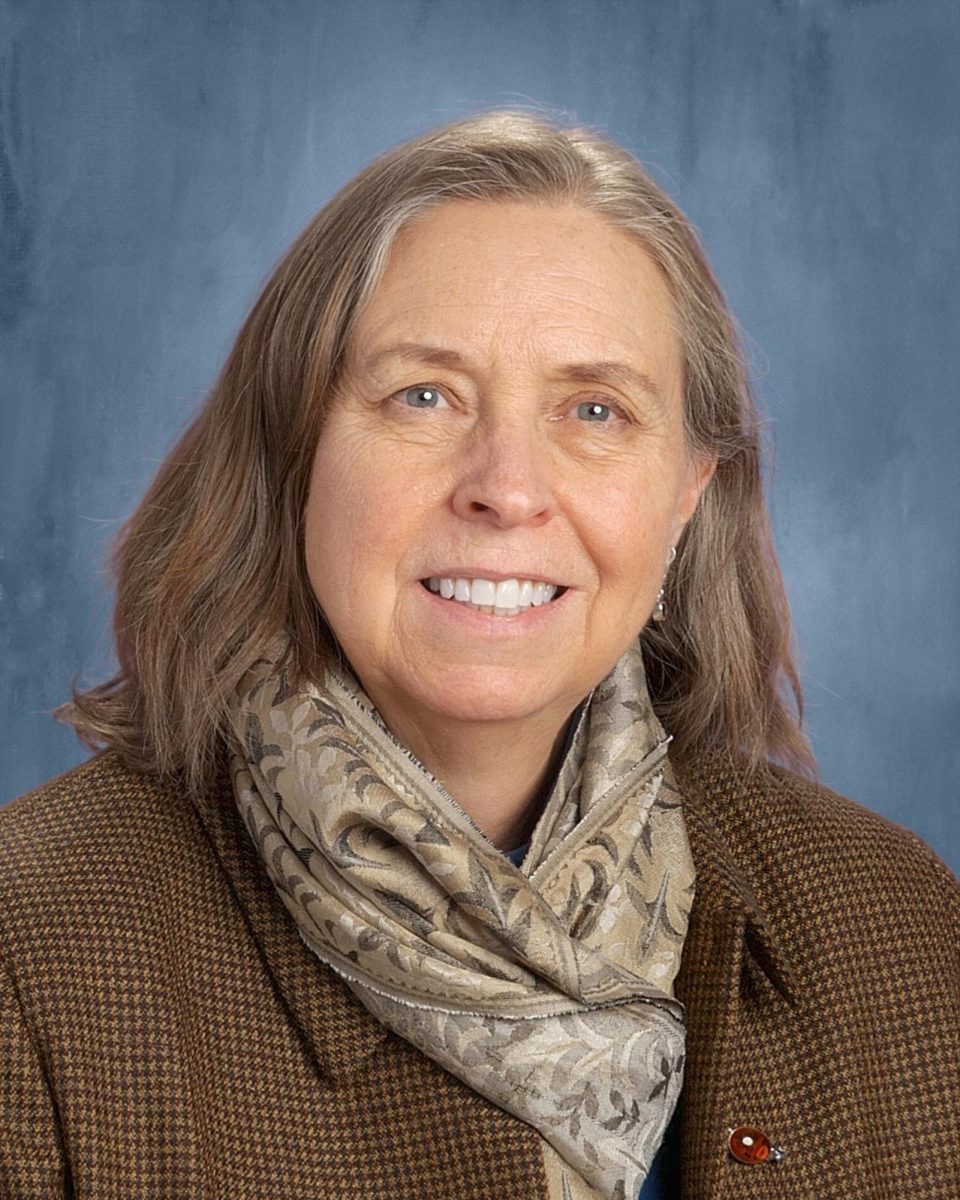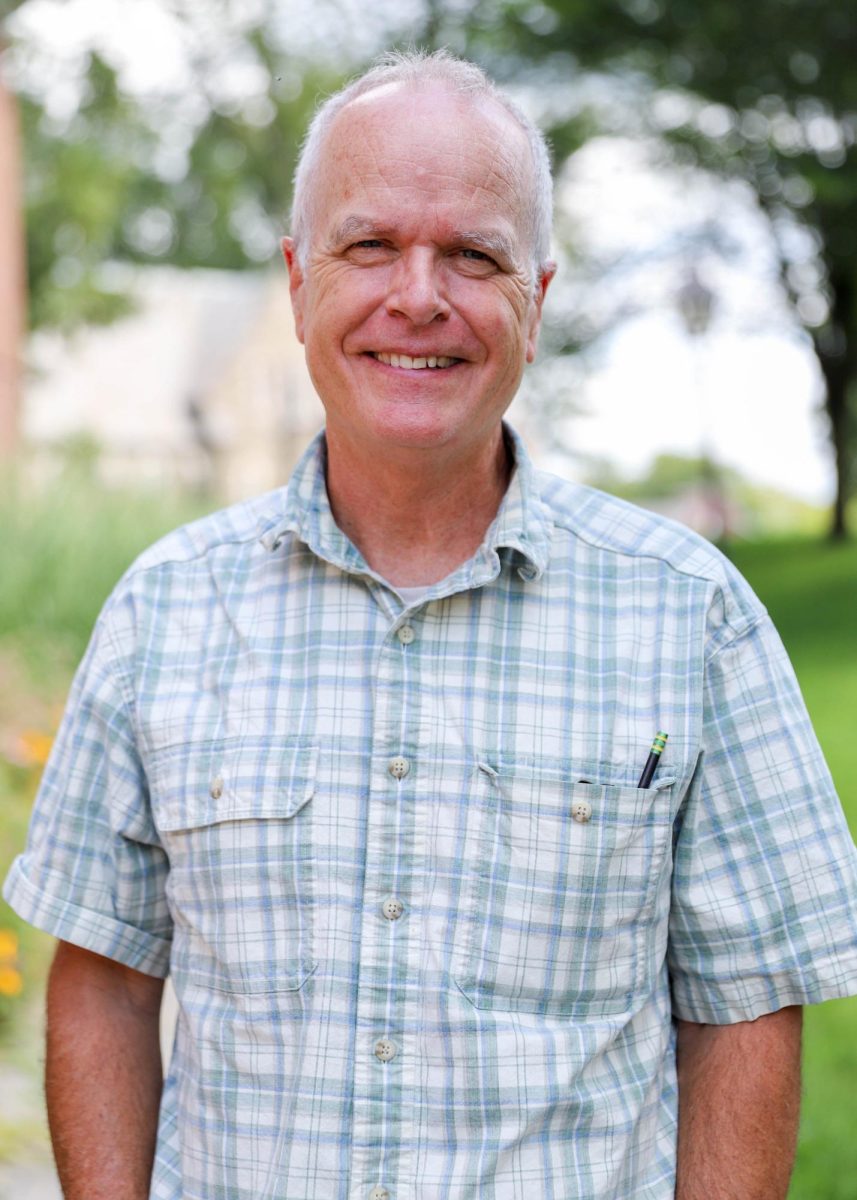Dr. Green, a physics and astronomy teacher at Kent School, has spent decades cultivating both his own learning and his students’ education. With a PhD earned in evolutionary biology, Dr. Green’s academic journey spans far beyond the sciences, extending into literature, philosophy, and the continuous pursuit of knowledge. In a thoughtful conversation, Dr. Green shared his views on teaching, lifelong learning, and how his love of discovery shapes the way he sees the world—and his role in the classroom.
Dr. Green’s fascination with science began as a child, inspired by the Apollo missions and the larger-than-life spectacle of space exploration. “I followed everything from Apollo to Skylab, and it primed me to love science,” he said, reflecting on his early interest in the field. His love for reading was equally influential in guiding him toward the sciences. “I was always a reader. Out of everything I read, science captured me the most.”
Over the years, Dr. Green’s teaching career has spanned subjects like meteorology, geology, physics, and astronomy. “I’ve always oscillated between astronomy and geology. It’s where my universe has been,” he said. Yet, his approach to science goes beyond the subject matter. “I’m not just teaching science. I’m teaching people, and that’s the heart of education. It’s about helping them see the world and themselves more clearly.”
After more than a decade of teaching, Dr. Green’s enthusiasm for learning remains undiminished. He views teaching as an opportunity to refine his own understanding. “Teaching forces you to clarify your thinking. You can’t teach effectively if your own understanding is muddy,” he explained. “When you try to organize ideas for students, it reveals gaps in your own knowledge, and that’s the moment when real learning happens for both teacher and student.”
Dr. Green also sees teaching as an evolutionary process. “Like evolution, teaching isn’t static. Every class is different, and every student brings something unique to the table. You have to adapt constantly, just like organisms adapt to survive,” he noted. This adaptability is also tied to how students challenge him to think. “Teaching the advanced kids here at Kent keeps me on my toes. They push me to understand things better because they don’t settle for good enough,” he said.
This dynamic inspires Dr. Green to continuously deepen his knowledge, not just in science but across disciplines. “Good teaching isn’t just about getting through the material. It’s about recognizing and sharing your own learning process with students.”
Though his expertise lies in the sciences, Dr. Green draws heavily on literature and philosophy to enrich his teaching. “Studying philosophy and literature has made me a better science teacher,” he explained. “These disciplines give me insight into the human beings I’m teaching, helping me understand their minds and how they think. It’s not just about transferring knowledge—it’s about engaging with people who are still figuring out how their minds work.”
Dr. Green sees interdisciplinary learning as essential for fostering a well-rounded approach to education. “The more subjects you explore, the better connections you can make,” he said. “For example, teaching physics helps me think about geology more clearly, and reading literature allows me to see arguments and ideas in a new light.”
His view on the role of interdisciplinary education extends to his advice for students. “There’s nothing sadder than an uneducated technician,” he stated. “Students should read broadly—history, literature, philosophy—not just science. When you know how to think, you can identify bad arguments in any field.”
Dr. Green’s passion for learning is a constant in both his professional and personal life. “There’s always something more to explore,” he said. Looking ahead, he’s excited to dive deeper into the intersection of biology and development, particularly in the field of evolutionary developmental biology (Evo-Devo). “The relationship between development and evolution is incredibly powerful,” he explained. “It drives so many other sciences like epigenetics and cytoplasmic effects on DNA.”
For Dr. Green, education is not about reaching a final destination, but rather an ongoing journey of discovery. As a teacher, he continually evolves his understanding through both his students and his personal learning pursuits. His reflections on science, teaching, and interdisciplinary study serve as a reminder that lifelong learning is not just a pursuit of knowledge—it’s a way of life. “There’s always something more to learn, and that’s what makes teaching, and life, so exciting,” Dr. Green concluded.


